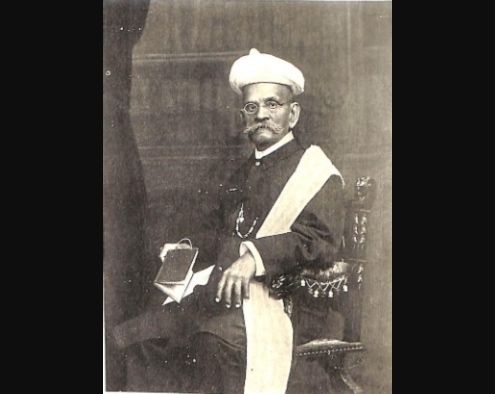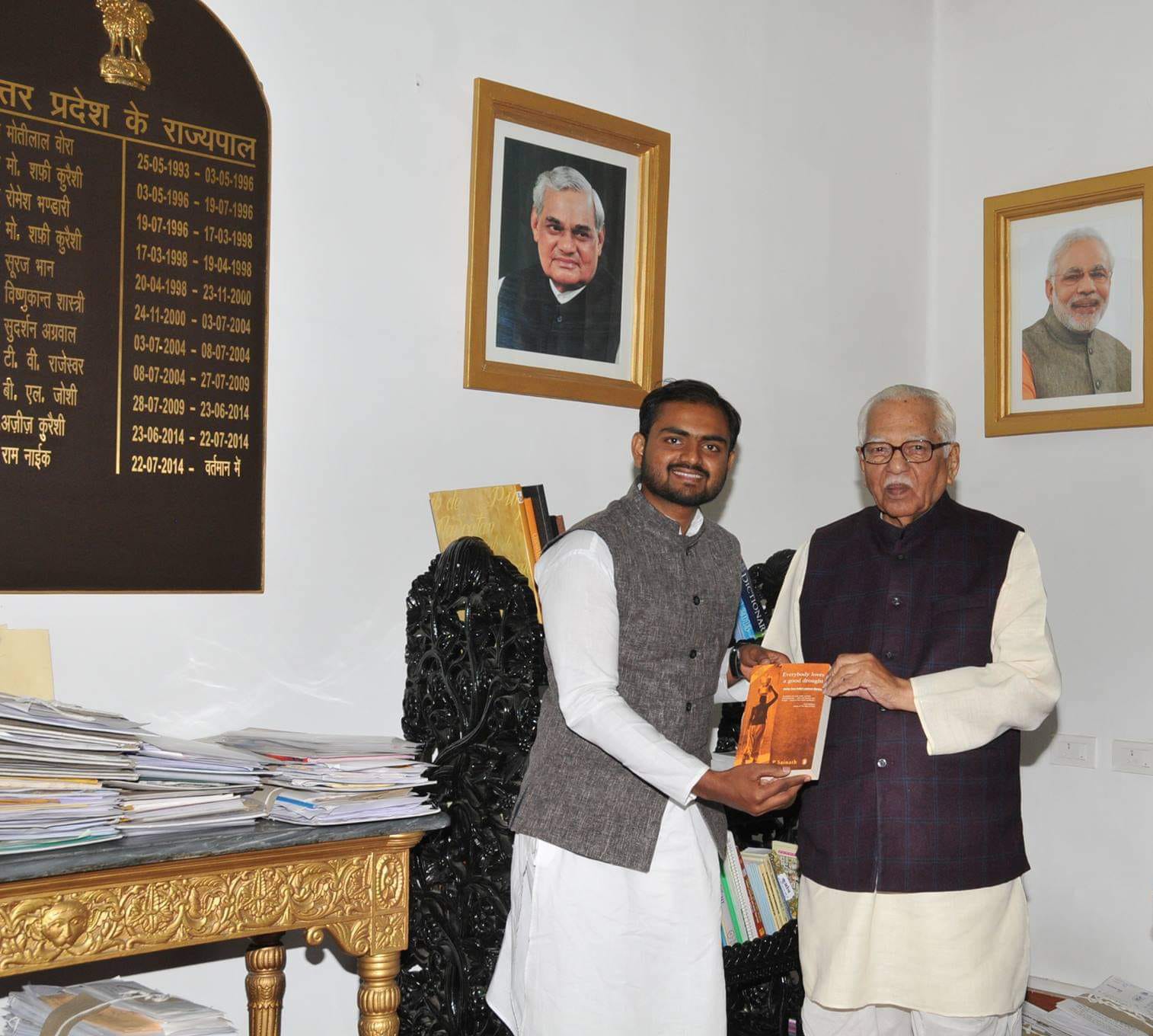R. G. Bhandarkar - A Classical Scholar of Ancient Indian History
Total Views |
Sir Ramkrishna Gopal Bhandarkar was known all over the world as an erudite scholar in oriental studies and inspired many others. On his 80th birthday, his admirers started the Bhandarkar Institute of Oriental Studies(BORI) in Pune as a tribute to him in 1913. The great, historic Bhandarkar Oriental Research Institute (BORI), completed 100 years in 2017.

The present huge collection of rare books and manuscripts of this institution started with the gifts of his own personal collection. Since then it has attracted umpteen numbers of scholars from all over the world to benefit from the glorious past legacy of India. Yet, he never confined himself to the ivory tower of academics and untiringly tried to make India worthy of such a great legacy.
Born on July 6, 1837, at Malvan in Ratnagiri of Maharashtra, Ramkrishna Gopal Bhandarkar, being academically good, received sufficient scholarships to survive in Mumbai. He studied mathematics under the guidance of Dadabhai Nowrojee and Mr. Owen. With such teachers, young Ramkrishna acquired analytical abilities and became socially active.
In 1858, he was appointed as a Fellow at the Elphinstone Institute and in 1862 got his B.A. in Mathematics. He obtained an M.A. degree in Sanskrit in 1866. Because of his mathematics background, he learned Sanskrit in a non-traditional way. He got his lessons from Sanskrit Scholars and Pandits in Mumbai and Pune and soon became a master of Nyaay, Vyaakaran, and Vedanta. This self-study imbibed in him inquisitiveness, integrity, and truthfulness. Therefore, he did not become rigid and one-sided. In 1885, he was conferred a doctorate by the University of Gottingen, Germany. In 1885, Bhandarkar along with noted social reformers Vaman Abaji Modak, and Justice Ranade established the Maharashtra Girls Education Society (MGE) - the parent body of Pune's first native girls only High-School: 'Huzurpaga'. While R G Bhandarkar was researching Indian ancient history, he deliberately participated in many social activities. He recorded his significant contribution to the establishment and functioning of the Prarthana Samaj. But the purpose of this article is not to bring forward the social contribution of Bhandarkar but to celebrate his contribution to the research of India's rich ancient Past.
Historian R S Sharma writes about Bhandarkar, "He reconstructed the political history of the Deccan of the Satavahanas and the history of Vaishnavism and other sects. A great social reformer, through his research he advocated widow marriages and castigated the evils of the caste system and child marriage." Bhandarkar gave the basis of Upanishads, Bhagwad Geeta, Medieval Saint Literature and Western Liberal Thought to Prarthana Samaj. Dr. Bhandarkar commented that some Brahmos are wrongly differentiating themselves from Hindus. Prarthana Samaj never made such a differentiation. Bhandarkar further said that such a differentiation was causing a hurdle in the spreading of Brahmo Dharma. We do not want to eliminate other people. The cardinal principles of the Samaj are such that these will be acceptable to persons from any religion. The religious reforms have been initiated by Hindus. Other religions are also downgraded, but there is no concern about their reforms. In such a situation, if we differentiate like “We the Brahmos and you the Hindus”, we cannot influence common people. Bhandarkar also took a strong stand against the tendency of some members to incline towards Christian Philosophy as the guideline, he pointed out that the religious and philosophic ideas of the Hindus had been influencing Europe and neglect of them on our part was sure to be attended with melancholy results.
Along with this, we should note that Bhandarkar was one of India’s first orientologists — an Indologist — whose other notable books are Early History of Deccan, Vaishnavism – Shaivism and Other are very authentic resources for studying about Indian ancient past. Similarly, he was involved in research and writing throughout his life and retired as the vice chancellor of Bombay University in 1894.
We constantly talk about the reforms in Hindu society in the 19th century but conveniently forget the archivists who devoted their lives to exhaustive research into the ancient history of this same Hindu society. Tribute to him on his 186th birth anniversary!


